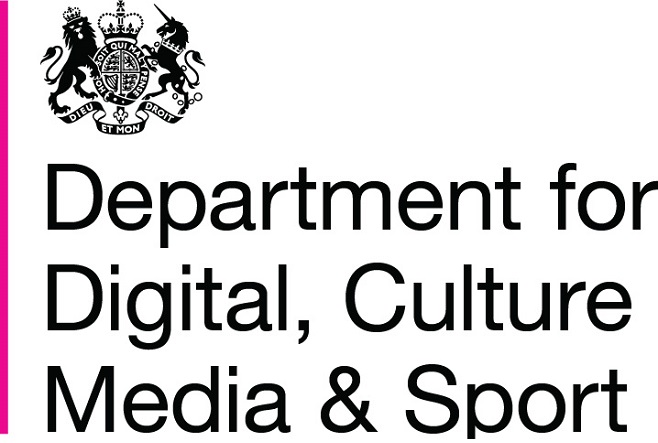Our response to the move of The Office for Civil Society to the Department for Culture, Media and Sport

I am writing to congratulate you: though it’s the same brief you’ve mastered over the past two years, the context is reshaped. I welcome the fact that “you’ve kept your head when all around [were] losing theirs” as I do the opportunities that being located in DCMS offers.
I have sought to make the case for closer relationships between the arts and wider civil society for many years. That’s a need that’s been brought home to me in my current role at the Foundation whose interests span the arts, the environment and social issues with an emphasis on human well-being and social impact. The “sectors” set themselves apart when so many of the organisational issues are the same; we could be more effective if we prioritised the building of bridges as we seek through our current arts funding strand and through the Inquiry into the Civic Role of Arts Organisations.
One common theme in this, as in other work, is the quality of leadership we need now and in the future: how we articulate the characteristics that make good leadership what it is, identify, support and spread the best in a way that moves beyond a narrow organisational focus to one that is sector or system-aware and collaborative to its core. I have been working with Shaks Ghosh and Mark Fisher to follow up on the gathering in Windsor earlier in the year. You have been briefed on this. We are excited by the prospect of working in partnership to deliver a set of “short sharp shocks” that are aligned and have a legacy impact beyond the delivery and funding.
You may know that we also worked with colleagues at the Cabinet Office to help broker the first social investment funds for the arts (the Arts Impact Fund) and which feels yet more relevant in the new departmental configuration. This required strong relationships between the supporting partners. Placing an emphasis on fostering trust and joint working is central to success and not an add-on. This goes for funders, too, including the two “big beasts” who could and should work more closely (debates about respective shares of Lottery income are an unwelcome distraction which risks setting back closer working including for example around community and participatory arts in which the Big Lottery Fund is a substantial investor).
I should be delighted to explore with you how we can collectively marshal our tangible and intangible resources, and clarify the roles we respectively play, to help maximise the change that civil society and arts organisations seek in the lives of individuals and communities. I thank you and your team for laying the strong foundations we have to build on. The opportunity is profound; I am sure your role will feel refreshingly different however familiar the label. Congratulations and good luck.
Andrew Barnett
Director
